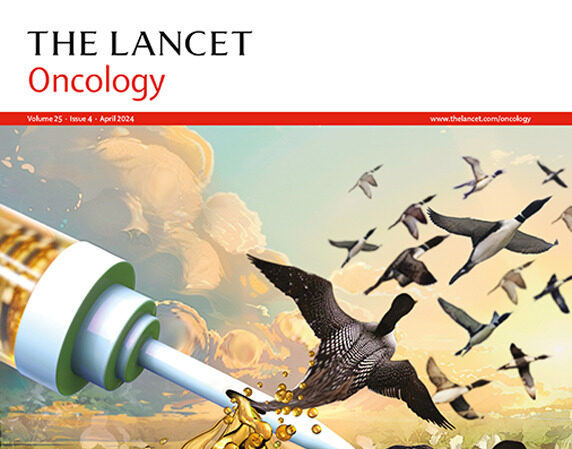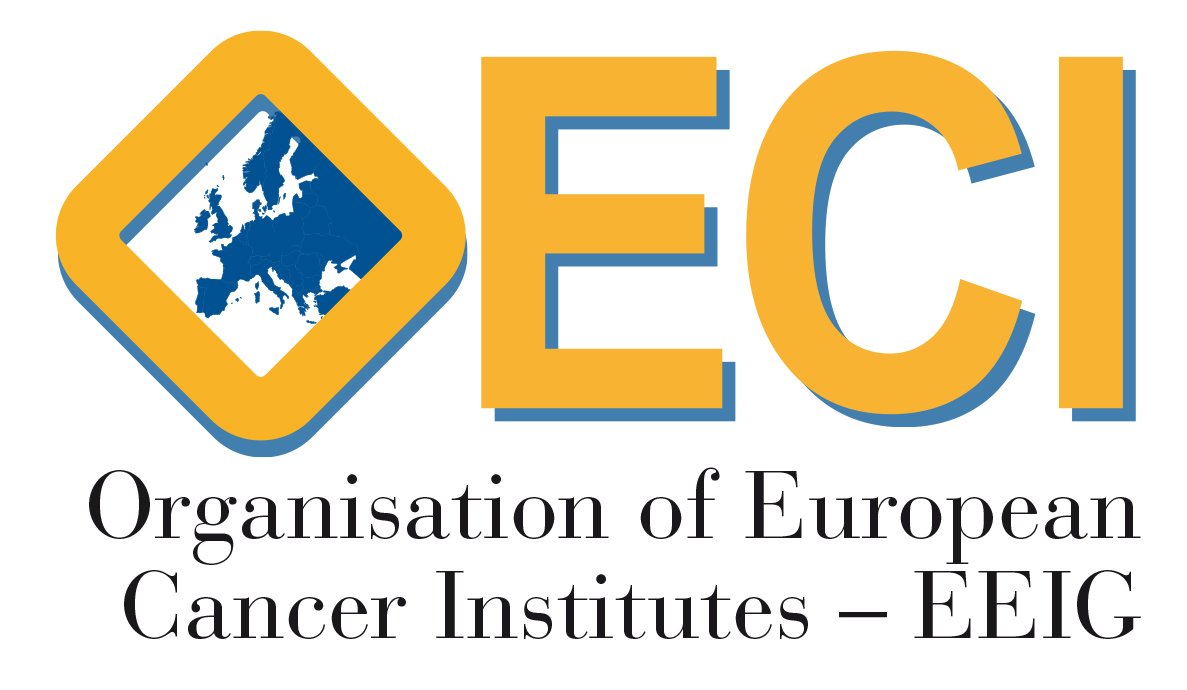The socioeconomic impact of cancer on patients and their relatives
Many cancer patients suffer not only from health-related problems, but experience loss of income and out-of-pocket expenditures, even in European high-income countries with universal health insurance systems. However, the problem has been broadly underestimated in the past.
European research to date has been limited and is hampered by heterogeneous methods and by the absence of a coherent theoretical framework and terminology. To address these shortages and guide research and policy on these issues, a Task Force (TF) initiated by the Organization of European Cancer Institutes (OECI) now presents 25 recommendations in "The Lancet Oncology", providing a comprehensive definition of “socioeconomic impact” from the perspective of patients and their relatives, a conceptual framework, and a consistent taxonomy linked to the framework.
The OECI TF consensus statement further highlights directions for future research that can also be relevant for policy decisions to alleviate the socioeconomic burden for cancer patients.
As cancer patients experience more consequences than strictly financial ones, and in order to facilitate future European research, a dedicated OECI Task Force under the leadership of Professor Michael Schlander of the German Cancer Research Center (DKFZ, Heidelberg) and the Institute for Innovation & Valuation in Health Care (InnoVal-HC, Wiesbaden) and of Professor Wim van Harten of The Netherlands Cancer Institute (NKI, Amsterdam) developed 25 consensus recommendations in an intense two-year process.
The consensus has been endorsed by 25 co-authors representing 25 leading cancer research centers across Europe. It proposes a neutral scientific definition of “socioeconomic impact”, a comprehensive framework defining its broader scope and its various dimensions, and recommends directions and standards for future studies.
The OECI task Force consensus closes an important gap, because the financial burden for many cancer patients translates into to psychological distress, decreased quality of life, and even impaired clinical outcomes including higher mortality. The problem affects patients at all stages of the disease, from diagnosis and treatment to long-term survivorship, and extends to relatives including partners and family members, dependents such as children, and caregivers. Yet, factors predicting the vulnerability of specific patient groups to suffer from financial stress and strain are understood only partially, and there is a shortage of robust data on the extent of the problem and of knowledge on effective intervention measures.
For more information please contact:
- Michael Schlander: m.schlander@dkfz-heidelberg.de
- Wim van Harten: w.v.harten@nki.nl
Read paper here: https://www.sciencedirect.com/science/article/pii/S1470204523006368?dgcid=author
Read current issue of The Lancet Oncology here: https://www.thelancet.com/journals/lanonc/issue/current


